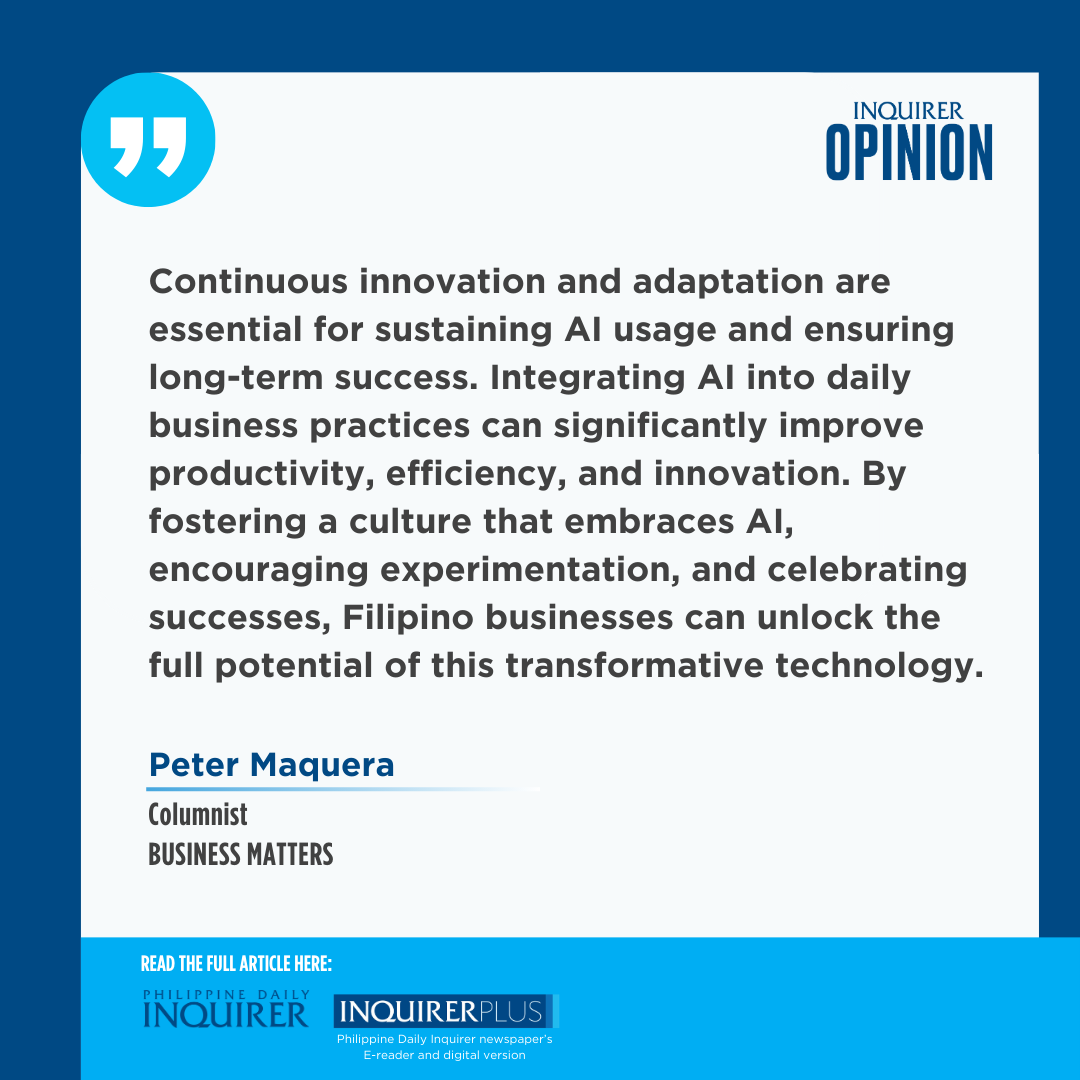Over the past 18 months, we’ve embarked on a journey to integrate Microsoft Copilot into the daily routines of both our customers and employees. True business transformation with artificial intelligence (AI) requires a significant portion of your organization to use the technology daily, which means encouraging dozens, hundreds, or even thousands of people to develop new habits. At Microsoft, we’ve discovered several effective strategies to accelerate AI adoption.
Share the lightbulb moments. Our corporate external and legal affairs (Cela) team launched the “What a Great Idea” program, aimed at gathering and sharing employee tips on maximizing AI’s capabilities. It created over 250 innovative ideas focused on enhancing advisory services, simplifying transactions, and creating efficiencies in regulatory work, among other benefits.
Showcasing early adopters and their projects at a global legal summit, maintaining a Copilot prompt library, and highlighting AI use cases and tips in newsletters and videos helped our team realize AI’s transformative potential. As Lydia Petrakis, our assistant general counsel and digital strategist, noted, “As people start experiencing the tangible benefits of AI, there is an organic spark to keep experimenting and sharing. The small wins accumulate over time, creating energy and momentum.”
After hosting a two-month skills-building series on Microsoft 365 Copilot, Cela saw a nearly 50-percent increase in monthly active usage for some Microsoft 365 apps. Creating time and space for skill-building and experimentation, framed as an achievement, encourages people to be part of the change.
Our sales team found that making AI adoption enjoyable can significantly boost engagement. They introduced a series of Copilot-focused activities designed to gamify AI learning. Field sales teams participated in virtual scavenger hunts, quizzes, bingo-style games, and speed challenges to win swag and learn how to use Copilot effectively.
Tracking active user measurements revealed that Copilot adoption happens in stages. Monthly and weekly active usage indicated awareness and regular adoption, but a 31.7-percent spike in daily active usage marked a true mindset shift. “That’s the true transformational measurement—when people are using Copilot day after day,” said Susan Neece Robien, Microsoft senior director of Digital Enablement.
Build a sense of community. Team learning is crucial for sustained AI adoption, especially when in-person. Jamie Reimche, our director of community engagement, has been supporting our customer service and support (CSS) team’s Copilot rollout with immersive and localized events. These gatherings, which include focus groups, peer-led sessions, and manager-guided events, prioritize community input and often result in broader organizational buy-in. Participants feel heard and involved, leading to increased engagement with Copilot.
In Japan, live translators and Japanese-language materials enabled CSS team members to provide candid feedback, significantly improving Copilot usage. Reimche noted, “95 percent of our CSS site in Japan turned out for this event because people felt comfortable sharing what’s working and what’s not.”
So far, CSS has hosted 10 events with 2,730 attendees across various locations, including Bangalore, India, and Fargo, North Dakota. These events led to an average 8-percent usage boost for Copilot’s “Draft an Email” feature, with one site experiencing a full 14-percent increase.
Embracing a culture of innovation. Adopting an AI system like Copilot is an ongoing process that involves building a culture where learning and innovation are celebrated daily. Our experience shows that the right strategies can turn curiosity into action. Through friendly competitions, hands-on events, and spotlighting great ideas, AI adoption can gain momentum and become ingrained in organizational routines.
To ensure the success of AI adoption in the local market, it is essential to address potential barriers such as the digital divide, varying levels of tech literacy, and resistance to change.
Providing comprehensive training programs, continuous support, and clear communication about the benefits of AI can help mitigate these challenges. Moreover, collaboration with educational institutions and government agencies can play a crucial role in building a skilled workforce ready to harness the power of AI.
The road ahead. AI adoption is an ongoing journey, not a one-time effort. The strategies we’ve shared are just the beginning. Continuous innovation and adaptation are essential for sustaining AI usage and ensuring long-term success. Integrating AI into daily business practices can significantly improve productivity, efficiency, and innovation. By fostering a culture that embraces AI, encouraging experimentation, and celebrating successes, Filipino businesses can unlock the full potential of this transformative technology.
—————-
Peter Maquera is chief executive officer of Microsoft Philippines.
—————-
Business Matters is a project of Makati Business Club (makatibusinessclub@mbc.com.ph).


